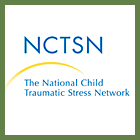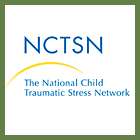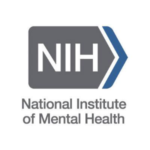Trauma-Informed Care
- ACEs (23)
This article is about “how trauma is changing children’s brains”.
The Child & Adolescent Health Measurement Initiative (CAHMI)’s mission is to promote the early and lifelong health of children, youth, and families. Part of fulfilling this mission is to disseminate data, information, and ideas to understand and address social determinants of health, like adverse childhood experiences and the trauma and chronic and toxic stress that can result and impact lifelong health. A primary focus is on promoting the development of positive health, such as resilience, engagement in life, and the safe, stable, and nurturing relationships most essential to child development and well being.
After tragedies, kids will have questions. How do we respond?
This factsheet discusses the nature of trauma, its effects on children and youth, and ways to help your child. By increasing your understanding of trauma, you can help support your child’s healing, your relationship with them, and your family as a whole.
“Changing the Way We Talk to Teens About Tragic Events” is an article about some strategies for talking to teens about mass shootings, terrorism or unexpected attacks.
Established by Congress in 2000, the National Child Traumatic Stress Network (NCTSN) brings a singular and comprehensive focus to childhood trauma. NCTSN’s collaboration of frontline providers, researchers, and families is committed to raising the standard of care while increasing access to services. Combining knowledge of child development, expertise in the full range of child traumatic experiences, and dedication to evidence-based practices, the NCTSN changes the course of children’s lives by changing the course of their care.
The National Child Traumatic Stress Network recently came out with a child trauma toolkit for educators.
This report from Child Trends and the National Center for Children in Poverty includes a review of the prevalence of early childhood trauma and its effects. The report offers promising strategies for child care and preschool programs looking to help young children who have endured trauma, and presents recommendations for policymakers to support trauma-informed early care.
NCSSLE has provided a number of in-depth guides and training products to help build and promote a safe and supportive learning environment.
The National Institute of Mental Health (NIMH) hopes to develop understanding and treatment of mental illness through research to foster a means for prevention, recovery, and cure. The institute works to ensure this mission by encouraging innovative thinking that catalyze scientific breakthroughs through the study of the brain, behaviors, and experience.
This website has resources on bullying and cyber bullying, videos and games to educate students on bullying, and provides resources and information for adults and educators as well.









